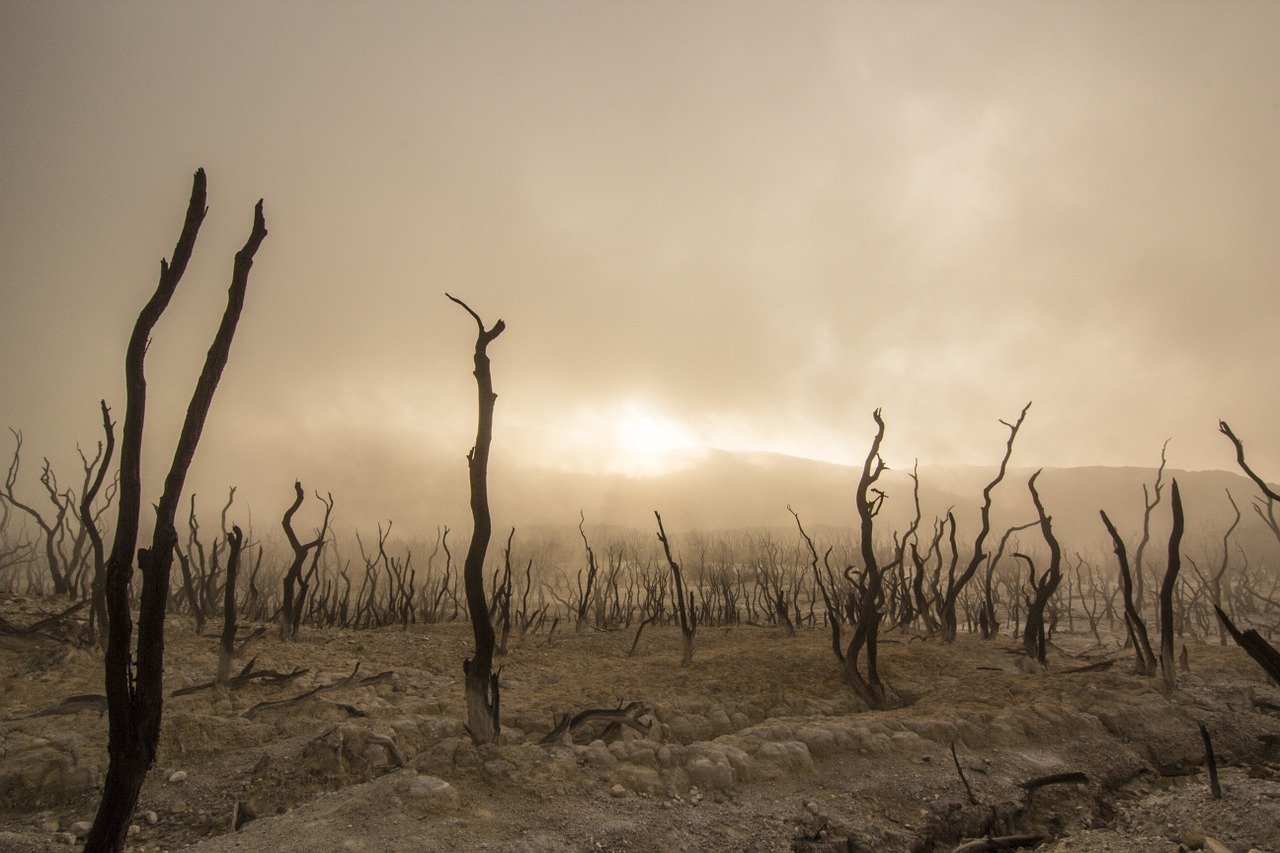Climate Fiction and its Narratives
(Non) Secularists imaginaries for the environmental collapse
DOI:
https://doi.org/10.31273/eirj.v8i2.539Keywords:
cli-fi, dystopia, collapse, apocalypse, desacralisationAbstract
In the late 20th and early 21st centuries, the narratives about a possible environmental collapse and its consequences have multiplied. This is due to a growing awareness about issues such as climate change or the energy crisis. The so-called ‘climate science fiction’ or cli-fi has reflected these concerns in highly successful films, like the two analysed here: The Day After Tomorrow (2004) and The Day the Earth Stood Still (2008), a remake of the 1951 classic. In this paper, I approach both films through an analysis of their plot and narrative structure, focusing mainly on the evolution of their main characters and storylines. I argue that these mainstream productions avoid any examination of the actual causes of the environmental crisis, turning it into a matter of individual responsibility based on Judaeo-Christian values such as guilt and redemption, especially those about the apocalypse.
Downloads

Downloads
Published
Issue
Section
License
Copyright (c) 2021 Ana-Clara Rey Segovia

This work is licensed under a Creative Commons Attribution 4.0 International License.
Authors who publish with this journal agree to the following terms:
Authors retain copyright and grant the journal right of first publication with the work simultaneously licensed under a Creative Commons Attribution License (CC-BY), which permits use and redistribution of the work provided that the original author and source are credited, a link to the license is included, and an indication of changes which were made. Third-party users may not apply legal terms or technological measures to the published article which legally restrict others from doing anything the license permits.
If accepted for publication authors’ work will be made open access and distributed under a Creative Commons Attribution (CC-BY) license unless previously agreed with Exchanges’ Editor-in-Chief prior to submission.
Authors are able to enter into separate, additional contractual arrangements for the non-exclusive distribution of the journal's published version of the work (e.g., post it to an institutional repository or publish it in a book), with an acknowledgement of its initial publication in this journal.
Authors are permitted and encouraged to post their work online (e.g., in institutional repositories or on their website) prior to and during the submission process, as it can lead to productive exchanges, as well as earlier and greater citation of published work. (see: The Effect of Open Access)
